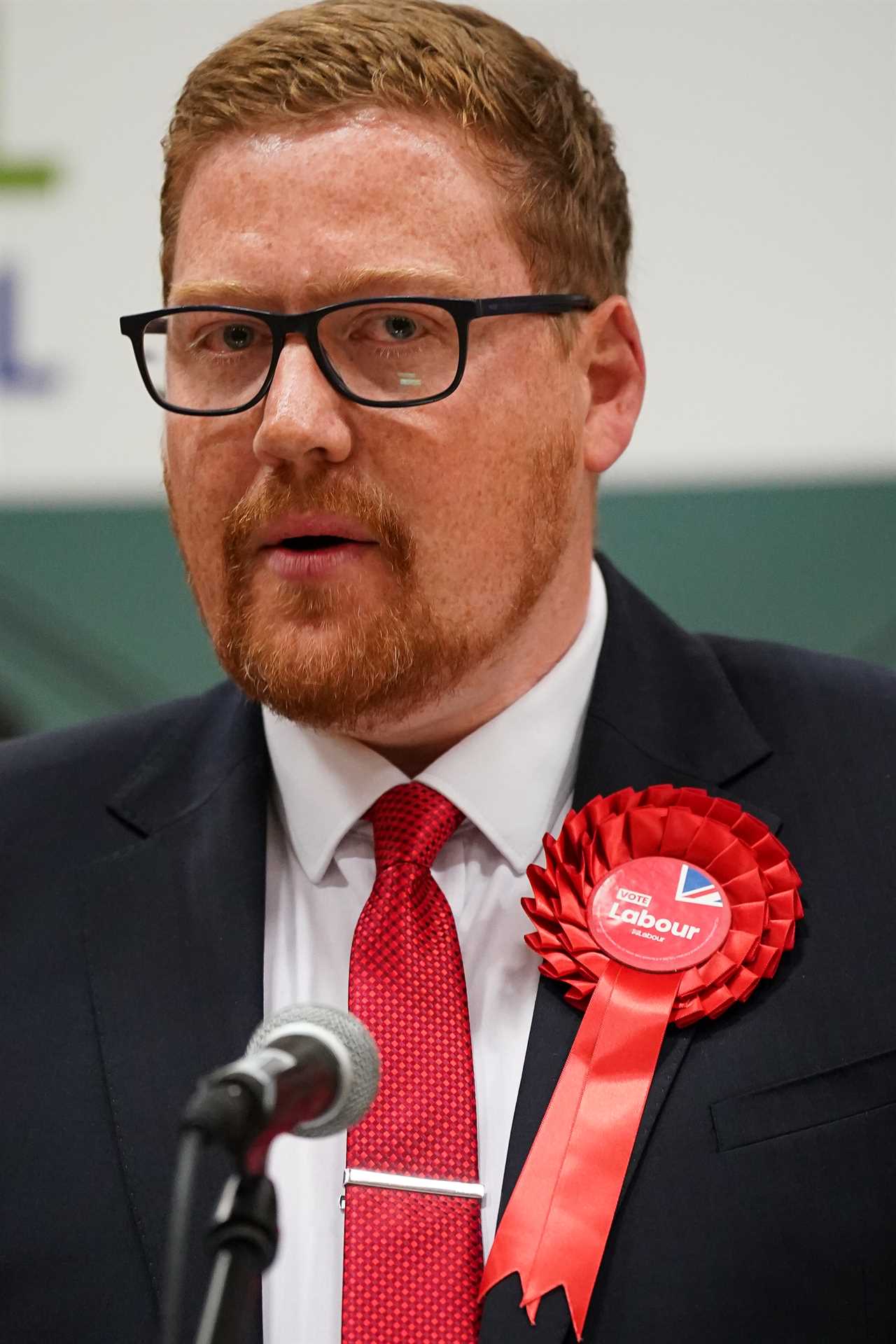
Call for Abolition Sparks Political Debate
Jonathan Brash, the Labour Member of Parliament for Hartlepool, has publicly urged Prime Minister Keir Starmer to dismantle the Sentencing Council. Brash argues that the council is fostering discrimination against white men within the judicial system, a stance he believes is misaligned with the views of the British populace.
Quango’s Role Under Scrutiny
Brash criticized the Sentencing Council, describing it as "completely out of step with the British people." He emphasized that elected officials, not quasi-autonomous non-governmental organizations (quangos), should have the authority to shape policies that reflect the electorate's preferences.
Government vs. Sentencing Council
The Labour MP pointed out the apparent disconnect between government ministers and the Sentencing Council. "It is clear ministers do not agree with the sentencing council yet the sentencing council are not interested in that," Brash stated. He advocates for returning decision-making powers to democratically elected representatives to better serve the nation's interests.
New Guidelines Introduced
Starting Tuesday, the Sentencing Council will implement updated guidelines requiring judges to take into account the racial, cultural, and religious backgrounds of offenders when determining sentences. These guidelines also extend considerations to women and transgender individuals involved in legal proceedings.

Criticism of the New Guidelines
Opponents of the new sentencing rules argue that they could lead to a divided justice system, where different groups receive disparate treatment under the law. Critics fear that this approach might undermine the principle of equal justice for all citizens.
Potential Government Intervention
In response to the controversy, the Prime Minister is contemplating the introduction of emergency legislation aimed at reining in judicial authorities. However, it has been noted that such measures would not take effect before the new sentencing guidelines are enforced.
Democratic Accountability Highlighted
Brash's call to abolish the Sentencing Council underscores a broader debate about democratic accountability in the UK's legal framework. He contends that significant policy decisions, especially those impacting the justice system, should be made by elected officials who directly represent the electorate's will.
Impact on the Justice System
The introduction of these guidelines marks a significant shift in how sentencing is approached in the UK. By considering a wide range of personal and social factors, the Sentencing Council aims to tailor punishments more closely to individual circumstances. Supporters believe this leads to more fair and just outcomes, while detractors worry about potential biases and unequal treatment.
Looking Ahead
As the new guidelines come into effect, the tension between the government and the Sentencing Council is likely to intensify. The debate touches on fundamental issues of representation, fairness, and the role of independent bodies in shaping public policy. How this conflict will unfold remains to be seen, but it is clear that the conversation about the best way to achieve justice in the UK is far from over.
Public Reaction and Future Implications
The public response to these developments is mixed, reflecting broader societal discussions about race, gender, and equality within the legal system. As Labour pushes for structural changes, the outcome of this debate could set significant precedents for the future of sentencing and the balance of power between government and independent councils.
Frequently Asked Questions
How does international politics affect domestic policy?
International politics can significantly influence domestic policy through trade agreements, foreign aid, and security alliances. Governments must balance international relations with the needs and interests of their citizens, often leading to complex policy decisions.
What is the importance of political participation?
Political participation is vital for a healthy democracy, as it allows citizens to express their opinions, influence decision-making, and hold elected officials accountable. Engaged citizens contribute to the legitimacy of the political system.
What are civil rights?
Civil rights are the rights that protect individuals' freedoms from infringement by governments, social organizations, and private individuals. These rights include the right to free speech, freedom of religion, and the right to due process.
How are politicians elected?
Politicians are elected through various electoral processes, which may include direct elections, where voters cast their ballots for candidates, or indirect elections, where representatives are chosen by an electoral college or other bodies. The specifics can vary by country and the level of government.
What is voter suppression?
Voter suppression refers to tactics used to discourage or prevent specific groups of people from voting. These tactics can include strict ID laws, limited access to polling places, and misinformation about voting procedures.
How does the legislative process work?
The legislative process typically involves several stages, including proposal, debate, amendment, and voting. A bill must be approved by both houses of the legislature before being sent to the head of state for approval or veto.
What is the role of the judiciary in politics?
The judiciary interprets and applies the law, ensuring justice and upholding the constitution. It serves as a check on the powers of the legislative and executive branches, protecting individual rights and maintaining the rule of law.
Statistics
- As of 2023, public trust in government institutions has declined, with only 20% of citizens expressing confidence in their national governments.
- According to recent studies, around 75% of Americans believe that campaign financing significantly impacts election outcomes.
- Studies show that political polarization has increased significantly, with 80% of individuals stating they have little to no contact with those of opposing political views.
- Research indicates that around 80% of individuals in democracies feel that their government does not adequately represent their interests.
- As of 2023, approximately 25% of countries have implemented some form of digital voting, reflecting the shift towards technology in the electoral process.
- Historically, voter turnout among young people (ages 18-29) increased by 50% from the previous election cycle in the 2020 presidential election.
- As of 2023, women hold 27% of seats in the global parliament, reflecting ongoing efforts toward gender equality in political representation.
- Approximately 60% of eligible voters in the United States participated in the 2020 presidential election, marking the highest turnout rate in over a century.
External Links
How To
How To Contact Your Elected Officials
Reaching out to your elected officials is an effective way to express your opinions and influence policy. Begin by identifying your representatives at the local, state, and federal levels through official government websites. Draft a clear, concise message outlining your concerns or suggestions, and specify any relevant legislation. You can contact them via email, phone, or by attending public meetings. Personalizing your communication often yields better responses, so share your story or local context to illustrate your point. Follow up if necessary to ensure your voice is heard.
Did you miss our previous article...
https://hellofaread.com/politics/britain-battles-triple-economic-threats-taxes-tariffs-and-new-regulations
 PoliticsRoyaltySoap OperaGamingMoneyPrivacy PolicyTerms And Conditions
PoliticsRoyaltySoap OperaGamingMoneyPrivacy PolicyTerms And Conditions
